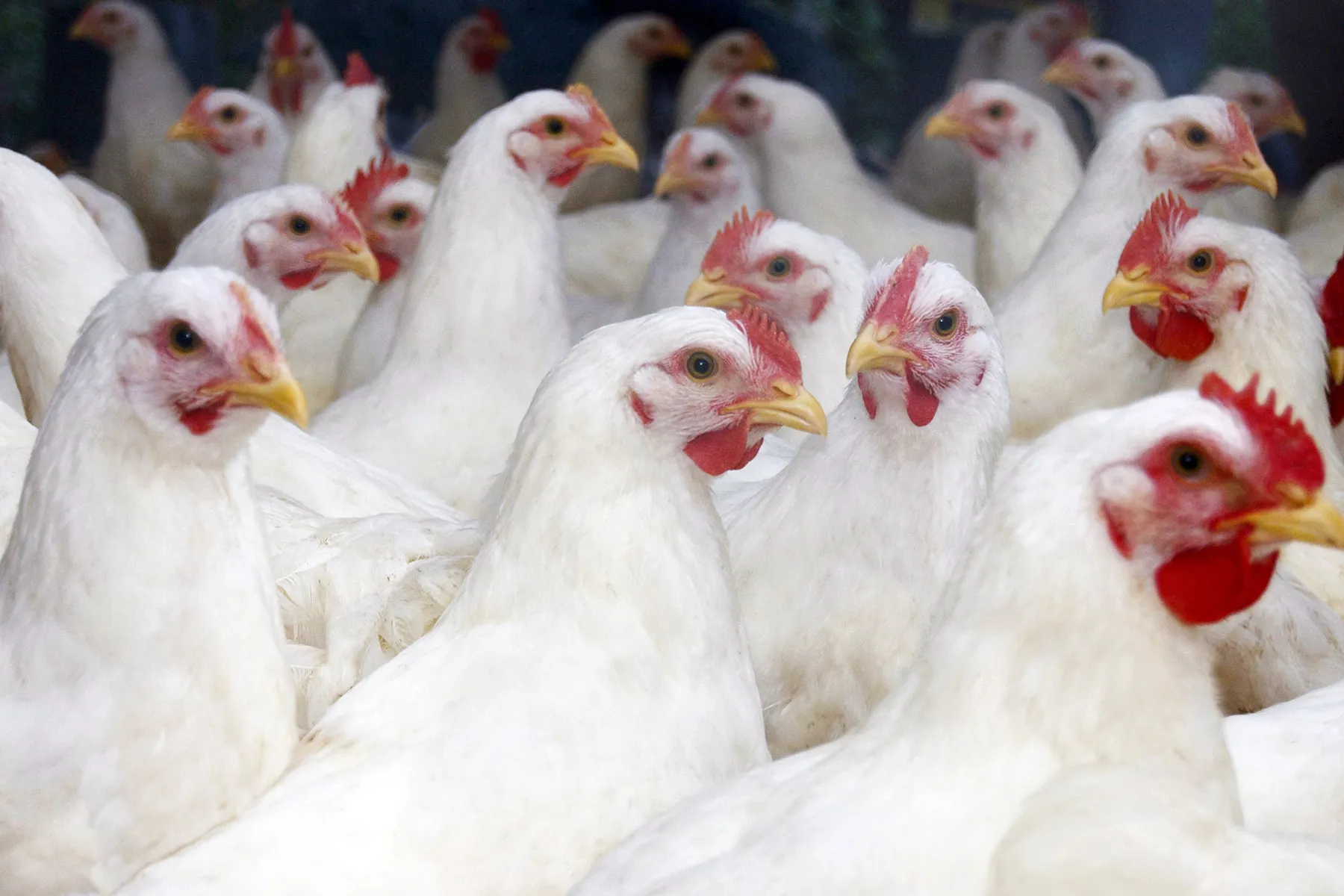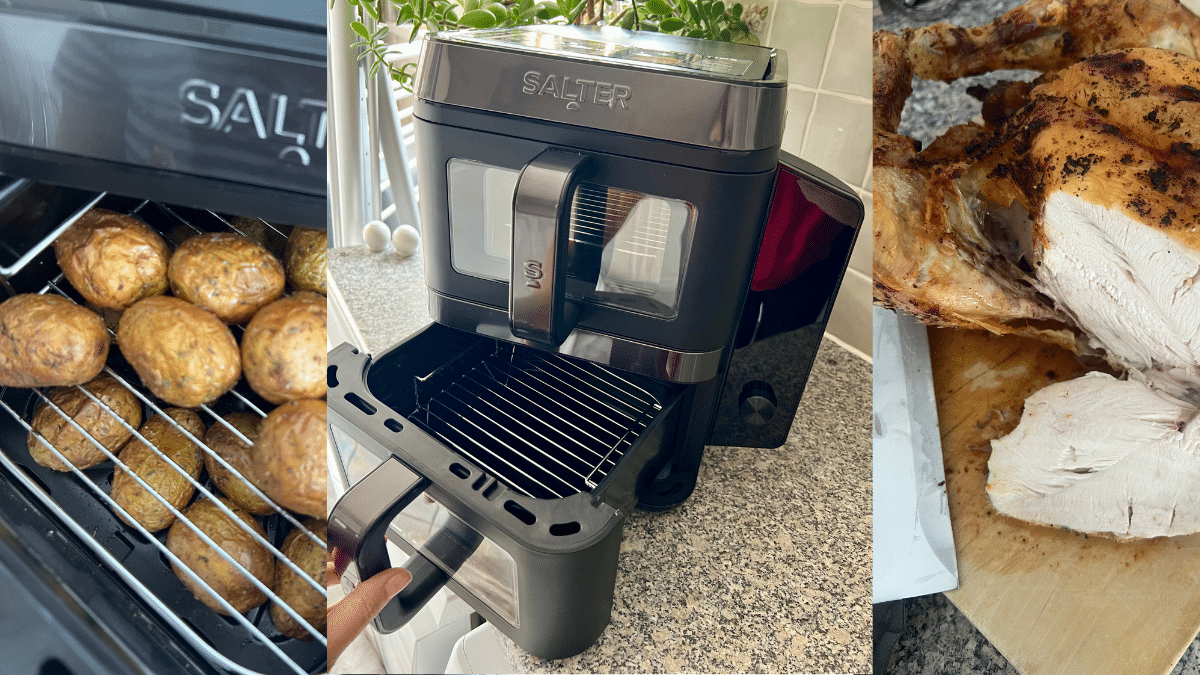
Jan. 2. 2024 – The holidays are a time of togetherness and cheer, celebration and joy. But they’re also a time of excess. Excess fattening foods, alcohol, stress, and other unhealthy things can harm your heart and blood vessels. As a result, the number of heart attacks and strokes during the winter rises dramatically, and with fewer people seeking the medical care they need, cardiac deaths also spike.
Research shows that cardiac deaths increase by nearly 5% from Dec. 25 until Jan. 7.
For those who already have a higher risk of a cardiovascular event like a heart attack or stroke, stress brought on by the holidays can push matters to a breaking point, said Laxmi Mehta, MD, a cardiologist at Ohio State University’s Wexner Medical Center. Some of it is good stress, like the excitement of seeing family and friends. Other things, like financial strain, traveling, and a busy to-do list, are bad stressors – but they all affect heart health. Even minor stress can have an impact because it increases inflammation in the body, which is linked to higher blood pressure and lower good HDL cholesterol.
“We’re less vigilant during the holidays when it comes to protecting the heart, indulging in more unhealthy foods and drinking too much alcohol,” Mehta said.
Consuming too much alcohol is especially dangerous because it can cause what’s called “holiday heart syndrome,” the term that’s been used to describe cardiac arrhythmias, or an irregular heartbeat that can result from binge drinking. Alcohol in combination with foods that contain too much sodium and sugar stress the heart and, in some cases, can lead to a stroke. When we’re drinking too much, we’re also more likely to smoke, which decreases blood flow to the heart and increases the risk of a cardiac event.
“We’re all human and we’re not perfect, but moderation around food, and especially alcohol, can go a long way in reducing your risk,” Mehta said.
Staying up late into the night also means not getting enough sleep. Unfamiliar sleeping arrangements when visiting family can lead to a lack of shut-eye, which can be deadly for heart patients, said Johanna Contreras, MD, a cardiologist with Mount Sinai Hospital System.
People who get fewer than 6 hours of sleep may have steep increases in blood pressure, and for patients with hypertension, this can be a game changer. Plan ahead so that drinking, late nights, and travel don’t hinder your sleep. “Good sleep is so important to heart patients, and when we don’t sleep, we’re also more likely to overindulge the next day as well,” said Contreras.
Choose healthier foods that include ample fresh fruits and vegetables, rather than canned, which contain too much sodium. Use an air fryer instead of indulging in fried foods, which also contain too much sodium and saturated fats. Diabetes patients should plan ahead and know what they’re planning on eating ahead of time. People with diabetes are at an increased risk when splurging because excessively high blood sugar can damage artery walls and increase the risk of a heart attack, according to the CDC.
Sticking to your workout plan during the winter is also important to reducing your risk factors. It might be different, but you should still try to be active. Take walks, play basketball or touch football with the kids, or go on a jog. If you’re spending time outdoors in the cold weather, take precautions to stay warm because when temperatures drop, blood vessels constrict, increasing blood pressure, which reduces circulation and puts extra strain on the heart, said health and performance trainer James Cunningham.
Wearing multiple layers of clothing, to trap heat and form a protective insulating layer against the elements, is crucial. The head, fingers, and face should also be covered because they tend to lose heat rapidly. “Layering your clothing is key. Start with a moisture-wicking base layer to pull sweat away from your skin, add an insulating middle layer like fleece, along with a thin waterproof layer,” said Cunningham.
Warming up properly is also important because sudden exertion may over-stress the heart. Cold weather can cause the coronary arteries to spasm, called vasospasm, especially in those with high blood pressure or high cholesterol.
“When you’re shoveling snow, for example, your heart rate can go up, which can contribute to extra strain on the heart,” said Mehta. “All of this compounded together in cold weather contributes to heart events.”
Most importantly, if you’re having symptoms of a heart attack or stroke, call 911 or go to the emergency room right away. Heart attack symptoms include pain or discomfort over the chest; lightheadedness; nausea; vomiting; jaw, neck, or back pain; and shortness of breath. Stroke symptoms include numbness in the face, arm, or leg, confusion, trouble speaking, vision problems, instability, dizziness, or a severe headache.
If doctors can destroy a blood clot using a blood thinner within the first 3 hours, they can prevent damage to the brain or heart. But if a clot is allowed to get worse, all the tissue around it will die because it’s been cut off from blood flow and oxygen, causing brain damage in stroke patients and heart failure in heart attack patients, said Contreras.
Knowing hands-only CPR, and reminding other family members to do the same, is also crucial to saving lives during a cardiac event. When the symptoms start, the clock is ticking. Doctors can do a lot to prevent future damage, but only if you seek help in time.






